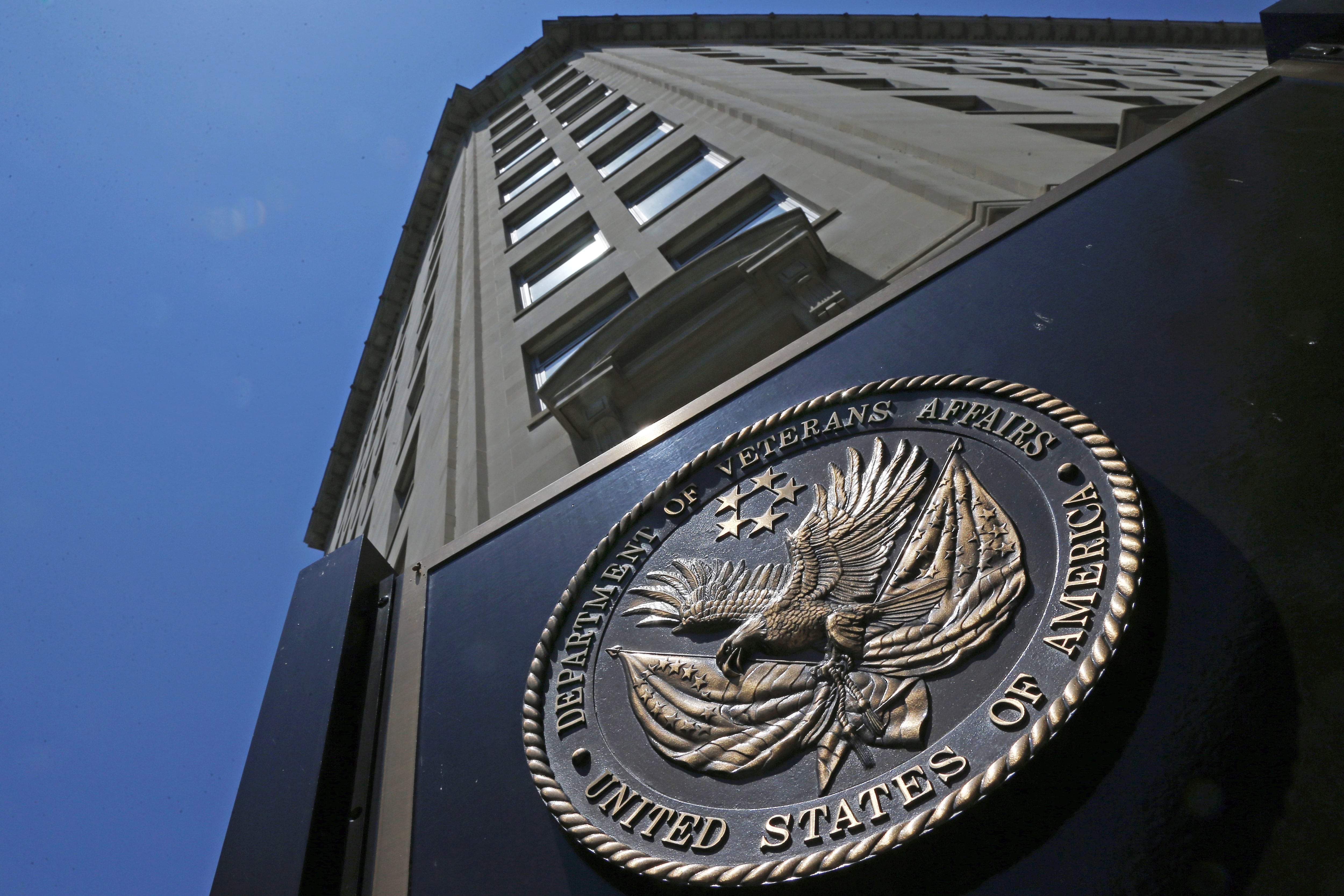The Department of Veterans Affairs implemented a new artificial intelligence strategy late September for the delivery of health care and benefits, and is set to serve as an ethical guideline for the use of AI technology throughout the department.
The strategy was designed to meet four major objectives: “to use existing AI to improve outcomes and experiences for veterans, increase VA AI capabilities, increase veteran and stakeholder trust in AI and to build upon the VA’s existing partnerships across agencies and industry.”
For example, meeting these objectives would potentially see the improvement of patient outcomes through the use of new computer vision technology, which would allow medical practitioners to identify certain diseases sooner.
Additionally, by using AI to build upon the VA’s profession partnerships, the department may be able to partake in more research studies and contribute to medical academic journals.
“Artificial intelligence has the capability to transform how our veterans access the critical care they need,” Dr. Lynne Parker, director of the National AI Initiative Office said in a VA press release.
“The VA’s new roadmap will help realize AI’s full potential building trust in future technology and creating more effective, efficient systems for patients.”
According to the strategy, this full potential could mean AI involvement in the benefit application process, appointment administration and the actual care and treatment process.
According to the official strategy, the VA is uniquely qualified in comparison to other federal agencies to leverage artificial intelligence for two reasons.
The first, the strategy states, is because the VA has one of the most comprehensive combination of administrative, financial and medical record databases globally. Secondly, the decentralized network of local VA facilities makes it easier for system users and researchers to link up with academic institutions and other private-sector counterparts.
While artificial intelligence can be more efficient than traditional analytics and clinical decision-making techniques, the press release read, the department is still aware of veterans’ concerns regarding the trustworthiness of new technology to protect personal information.
“To this end, VA leadership, practitioners and relevant end-users will be trained to ensure all AI-related activities are ethical, legal and meet or exceed standards,” Dr. Gil Alterovitz, director of the VA’s National Artificial Intelligence Institute said.
“Veterans Affairs understands the significance of creating a balance between innovation, safety and trust.”
The VA’s artificial intelligence strategy was designed to support the National Artificial Intelligence Initiative Act of 2020 and the National AI Research and Development’s Strategic Plan.
Rachel is a Marine Corps veteran and a master's candidate at New York University's Business & Economic Reporting program.





